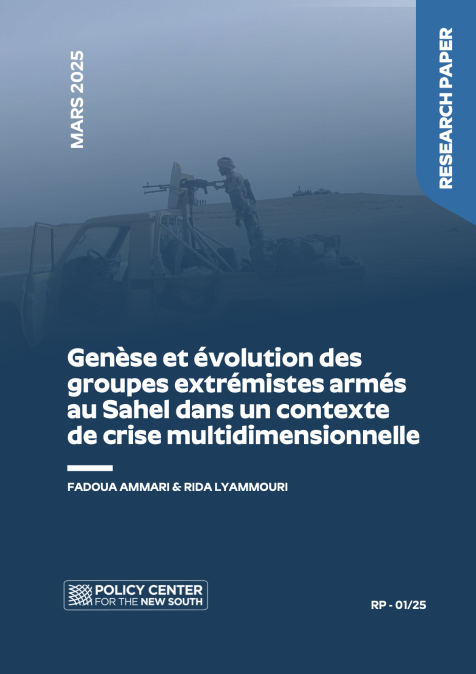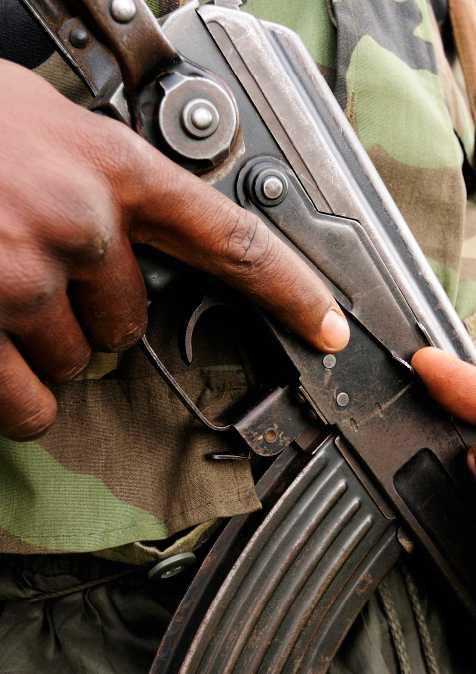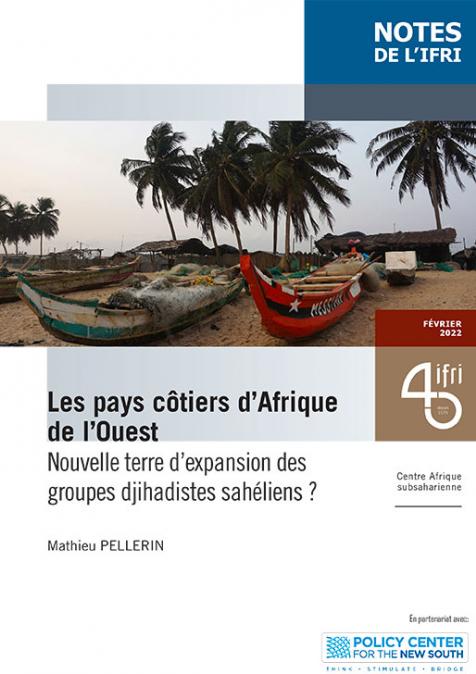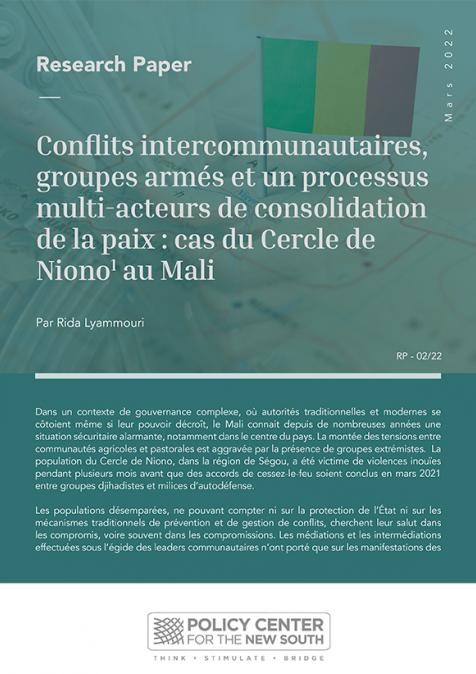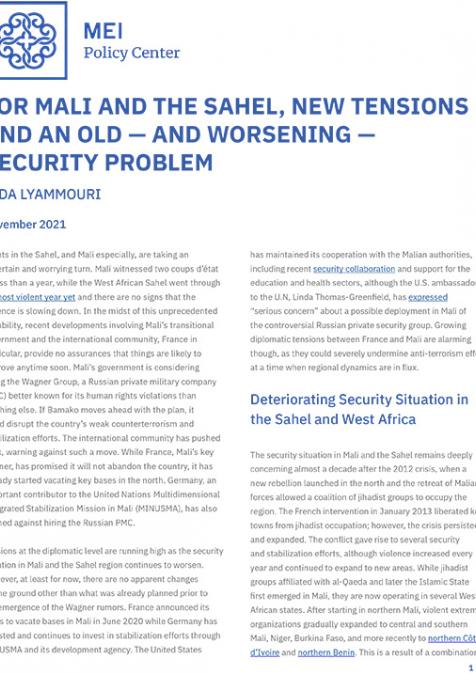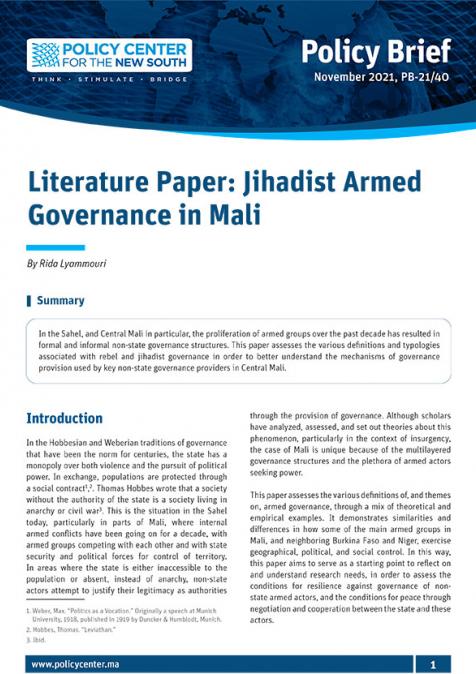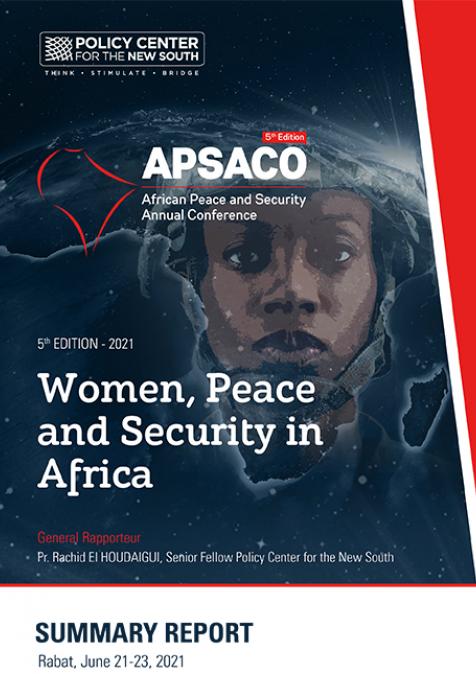Publications /
Opinion
The German town of Dinslaken, roughly 70,000 residents, has not really made a mark on history, but the former coal mining community still managed to get onto the front pages of national newspapers. Dinslaken became a hotspot for German jihadis, ready to join the radical Islamic State. Between 2011 and 2013 an Islamic group, 25 members, rented space just next to the office of the local commissioner of integration. About half of the group followed the call to arms, to fight the infidels in Syria and Iraq. Five of the believers returned, five died, among them Philip Bergner, who blew himself up in a suicide attack in August 2014 near Mosul, killing 20 Kurdish fighters.
Bergner’s cousin, Nils D. was fascinated by this. In school other kids made fun of the red-haired, overweight boy, who became a father young, had drug problems and was thrown out of vocational training. The Caliphate was his chance of redemption. The German convert was given a Kalashnikov and became a member of the feared Islamic State secret police in Syria. Torture was one of their tools, executions the final act to intimidate others. When Nils was arrested after his return to Germany in 2015 he initially did not say much, apart from denying that he had ever participated in cruel, inhuman acts.
But investigators found evidence against him. Abu Ibrahim al-Aliman, his Islamic name, was present at ten to fifteen arrests of suspects. Nils’s unit was housed in a village named Manbij, about 25 miles from Aleppo. His unit’s jail held about 300 prisoners. Public executions and beheadings happened almost daily. The accused even claimed to have witnessed a crucifixion. The High Court in Düsseldorf sentenced him to four years and six months in jail for membership of a terrorist organization. It was a mild sentence, the judge admitted, because the accused had been willing to tell the truth.
But apparently it was not all of the truth. A reporter from the German tabloid Bild found evidence that the German fighter was a torturer himself, and that at least three prisoners died after confronting Nils D. The High Court of Düsseldorf (German state of North Rhine Westphalia) opened another case against the 29 year-old former executioner. The ISIS loyalist is accused of war crimes, including murder, and could face in this second trial, if convicted in the next few months, a life sentence.
Witnesses and Victims
Slowly, at first hardly noticed by the public, in the shadow of the COVID-19 virus, the terrifying ghosts of the utopian Caliphate have returned, and justice systems worldwide have had to deal, still reluctantly, with the evil methods of the dark spirited movement. Dozens, possibly hundreds, of these foreign fighters, who are stuck in miserable prisons in Syria or Iraq, may be deported one day soon, reviving debates about how to deal with them. In February a court in Celle condemned an Iraq-born, 37 years old Islamic State leader, known as Abu Walaa, to 10 years and six months in prison. In November 2020 a court in Stuttgart convicted a Syrian Islamic State activist to 12 years in jail. And in the first week of May 2021 a court in Düsseldorf convicted four Islamic State activists, a Tunisian, a German-Moroccan, a Russian and a German, to up to five years and six months in jail.
‘Blood on Their Hands’
When Islamic State was taking territory in Syria and Iraq, thousands of recruits travelled from the United Kingdom, Germany, France, and Belgium, mainly via Turkey, to the battle zones, ready to sacrifice their lives. Many were outcasts in their societies, immigrants who felt rejected, or were tempted by the online promises of Islamic State that women were waiting for them, ready to get married to the courageous fighters. An estimated 11,000 Islamic State fighters are still holed up in makeshift prisons in Syria. An estimated 2000 of these are foreign fighters, who arrived from Malaysia and Saudi Arabia, Tunisia, Serbia, Indonesia and the Chechen Republic. Almost 1000 came from the UK, 500 left Belgium to risk death on the battlefield. German authorities estimate that 1000 German men, many with dual nationalities, moved to support the Islamic State illusion, and 200 died in battle or under bombardment. Some 350 returned, trying to fade back into normality.
Almost no European nation has shown interest in facilitating the return of Islamic State activists, particularly of male fighters. France, for example, fears that their already radicalized prison system will suffer further radicalization with the influx of more extremists. The Europeans would still prefer to keep former fighters away, and have them tried where they committed their crimes. But most of Syria is a warzone. The criminal courts in Baghdad often are a charade; accused foreigners are hardly ever represented by a lawyer who is familiar with their cases, and statements by judges are often not translated into the languages of the accused.
Some nations, including Germany, the Netherlands and the UK have passed laws permitting the withdrawal of citizenship if the accused has dual citizenship. Britain has punished more than 100 of its Islamic State fighters by taking away their British passports and citizenship rights. A report by the International Center for Counterterrorism in The Hague stated in April 2016 that an estimated 3922 to 4294 Islamic State fighters were European citizens, of whom 50% to 80% had a criminal record. About 30% of those listed returned to their home countries. Convicting former Islamic State fighters of any crime beyond being members of a terrorist organization, said Germany’s top federal prosecutor Peter Frank, was difficult. “We assume that some of the perpetrators have blood on their hands, but often we can’t prove it. Our problem is: what proof can we get from a warzone where all state structures have collapsed?” (March 28, 2016, Sueddeutsche Zeitung).
The opinions expressed in this article belong to the author.

